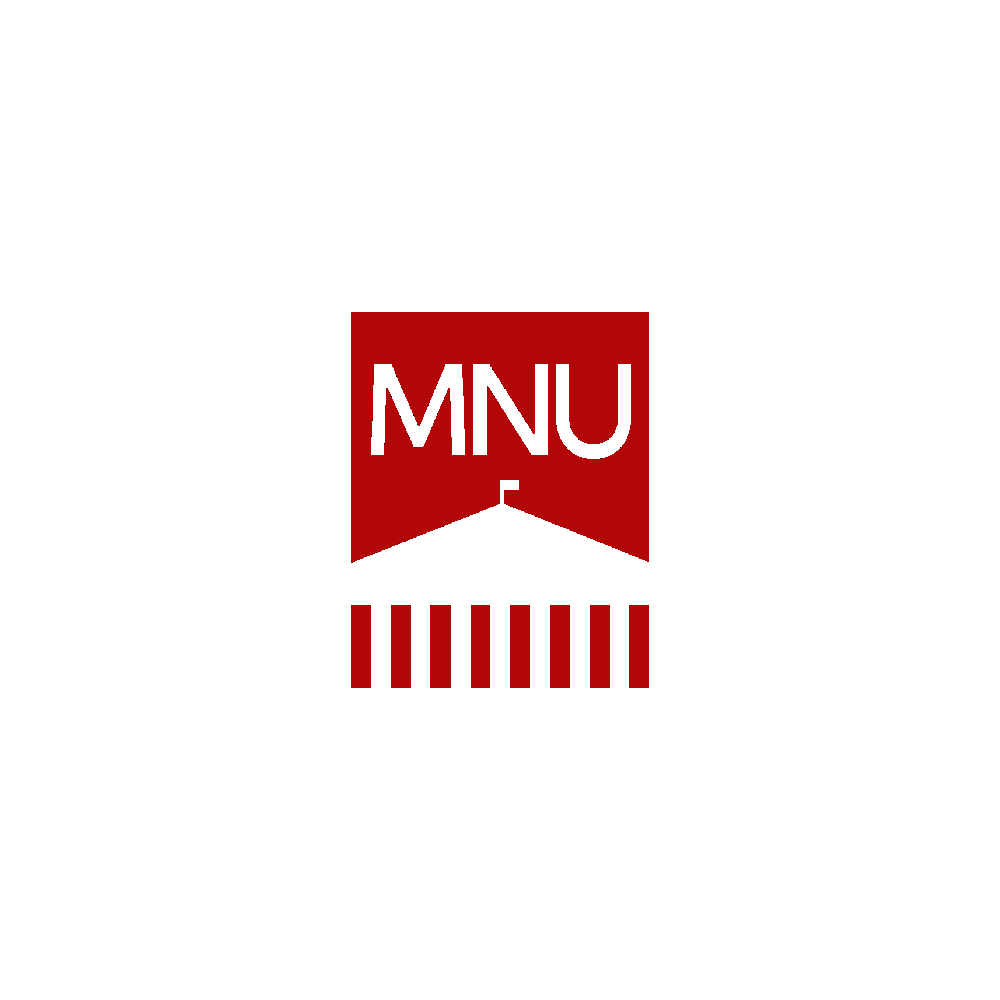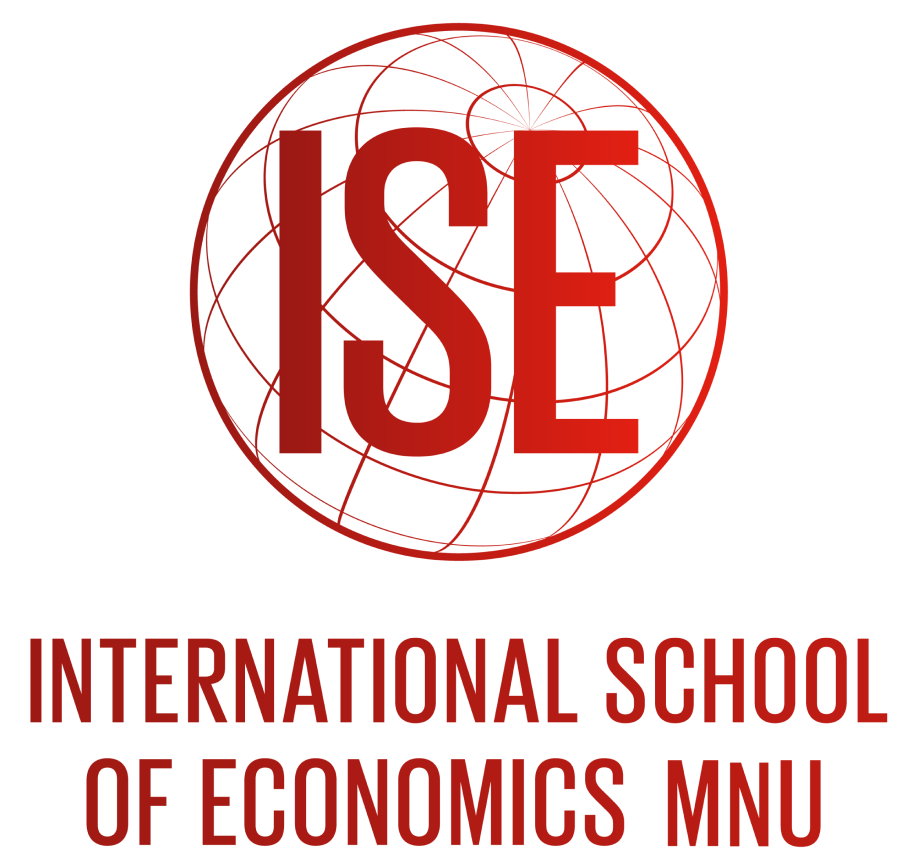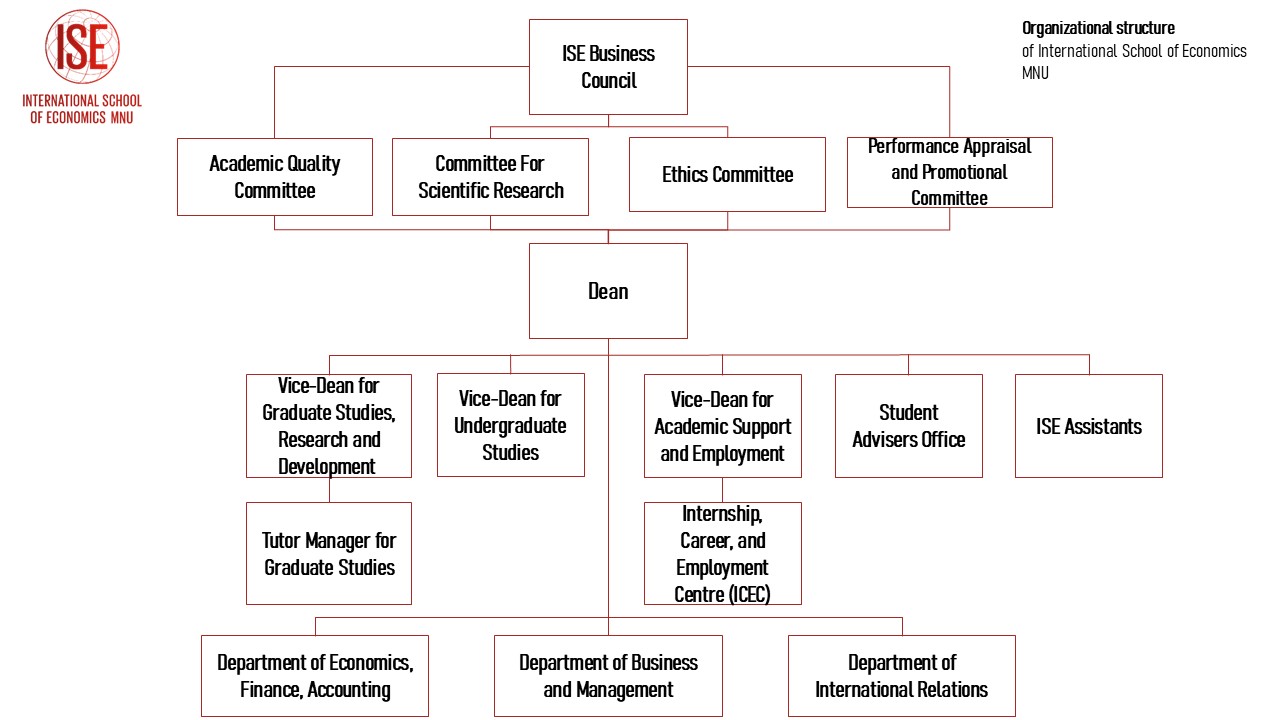

You are applying to International School of Economics Maqsut ...
Renat Bekturov, Governor of the Astana International Financia...
On the eve of International Women’s Day, the analytical study...
The educational programmes of the Maqsut Narikbayev Universit...
Synergy – we attract the talents, nurture them, and learn from them
Leadership – we teach to lead by example
Creating opportunities – we unlock potential through supporting social diversity and inclusiveness
Responsibility – we take ownership for our decisions and actions guided by our stakeholders’ expectations
Proactiveness – we take on today’s and tomorrow’s challenges
By 2026, we will become one of the Central Asian leaders providing the world-class education and research demanded by the regional and global markets.
The International School of Economics was established in 2005 by the decision of the MNU University Board of Directors. The ISE is structured as follows:

Business Council is a formal body within the ISE organizational structure responsible for the ISE’s strategy and further development. The members of the Business Council are senior managers of public and quasi-public sectors, as well as private companies. Through the annual meetings, ISE Business Council translates the industry agenda to the ISE decision-makers helping to shape the content of education in line with the industry expectations.
ISE Committees are the faculty self-governance bodies. They have their established compositions consisting of the faculty members (voting members) and all ISE administrators (non-voting members).
The academic quality of the ISE undergraduate and graduate programs is managed by the Academic Quality Committee (AQC). It considers and approves academic programs, curricula, course syllabi, exam assignments and thesis topics. In addition to elected faculty members, it includes all program coordinators and ISE student representatives. In Fall 2014, the newly established ISE Performance Appraisal and Promotion Committee has introduced a new merit-based faculty performance evaluation system and its first results were reviewed at the end of Spring 2015. The Committee has regular meetings for conducting the faculty evaluation (twice a year) and hiring process (when applicable). Additionally, it is regularly involved in the discussion of policies and issues related to the academic staff appraisal and promotion. ISE Ethics Committee considers disciplinary and ethical issues, particularly complaints from the ISE students and faculty, violation of the Code of Conduct by students, staff and faculty, research-related ethical issues, etc. The Committee consists of five voting faculty members and non-voting administrators.
Dean, Vice Deans, Students Advisers, ISE Internship, Career and Employment Centre officers and Tutor Manager for Graduate Studies represent the ISE administration.
From 2022 enrollment ISE offers seven undergraduate (Bachelor) programs, two Master’s programs and one PhD program (more information in the section Admission).
Maqsut Narikbayev University values analytical thinking, creativity, practical problem-solving, and broad, new ideas that encourage the MNU community to serve the society.
The Bachelor of Business Administration (BBA) in Marketing is designed to provide students with the analytical and practi...
View detailsThe Bachelor of Business Administration (BBA) program in Management is designed to provide students with a comprehensive ...
View detailsThe Business Administration (BBA) program in Information Technology is aimed at training professionals with advanced know...
View detailsBA in International Relations prepares students for careers in government, international organizations, global NGOs, corp...
View detailsThe Bachelor of Business Administration (BBA) program in Finance is aimed to prepare students for successful careers in i...
View detailsThe Bachelor in Business Administration (BBA) program in Economics and Data Science is aimed at training professionals wi...
View detailsThe Bachelor in Business Administration (BBA) programme in Accounting is aimed at training professionals with theoretical...
View detailsThe Master’s Programme in Economics adheres to international educational standards while emphasizing local content. The p...
View detailsThe Master’s program is recognized for incorporating at least 70 percent of the CFA Program Candidate Body of Knowledge (...
View detailsThe PhD program in Economics is aimed to develop rigorous theoretical knowledge and practical research skills to shape fu...
View detailsEach year, in September and October (for spring semester applications) and March and April (for autumn semester applications), the University's International Office helps students with enrollment to one of our partner universities for 1-2 semesters through bilateral agreements and memorandums.
ISE Academic Quality Committee (AQC) is responsible for the programmes’ academic quality at undergraduate and postgraduate levels. The functions of the Committee include but are not limited to approvals of academic programs, curricula, course syllabi, and exam assignments. Its voting members include voting faculty members, heads of the programs, and ISE student representatives, along with non-voting school administration.
ISE Performance Appraisal and Promotion Committee conducts faculty evaluation (twice a year) and hiring process (when applicable). Additionally, it is regularly involved in the discussion of policies and issues related to academic staff appraisal and promotion.
ISE Ethics Committee considers disciplinary and ethical issues, particularly complaints from the ISE students and faculty, violation of the Code of Conduct by students, staff and faculty, research-related ethical issues, etc. The Committee consists of voting faculty members and non-voting administrators.
The ISE Committee for Scientific Research oversees compliance with Research Ethics Policy, outlining the principles and norms of ethical scientific research for ISE employees and students, the process for ethical review of research projects, a list of violations of research ethics, types of sanctions for violations and procedures for their enforcement.